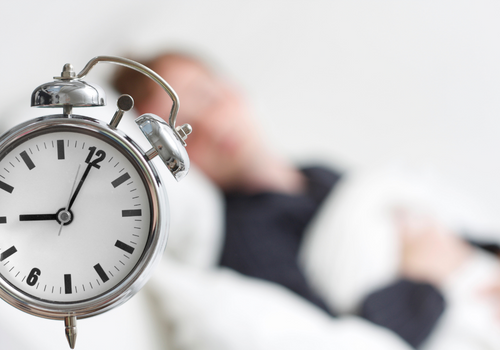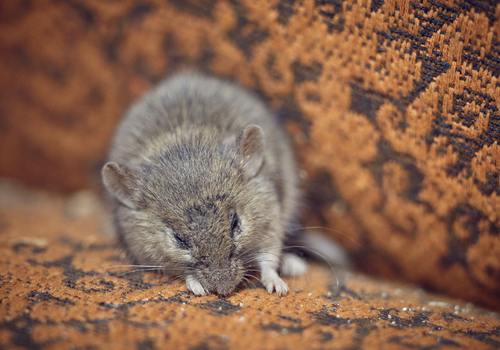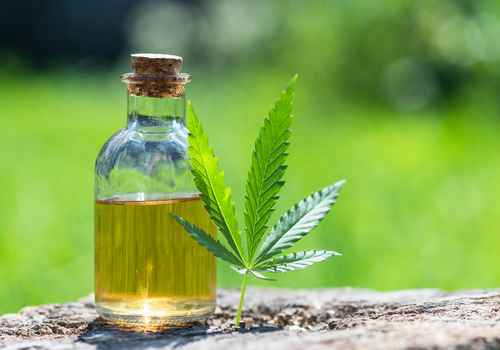 Can you use CBG for sleep? CBG, or cannabigerol, is a cannabinoid found in the cannabis plant. Like CBD and THC, it is non-psychoactive and has been shown to have potential therapeutic benefits. Some people use CBG for sleep, but there is limited research on its effectiveness for this purpose. In this article, we will explore the potential of CBG for sleep and compare it to other cannabinoids such as CBD and CBN.
Can you use CBG for sleep? CBG, or cannabigerol, is a cannabinoid found in the cannabis plant. Like CBD and THC, it is non-psychoactive and has been shown to have potential therapeutic benefits. Some people use CBG for sleep, but there is limited research on its effectiveness for this purpose. In this article, we will explore the potential of CBG for sleep and compare it to other cannabinoids such as CBD and CBN.
How is CBG made?
The process of making CBG begins with the cultivation of the cannabis plant. CBG is found in the trichomes of the plant, which are small, hair-like structures that produce the plant's cannabinoids and other compounds. Once the plant has reached maturity, the trichomes can be extracted using a variety of methods.
One method of extracting CBG is through the use of solvents such as butane or CO2. This process involves using the solvent to separate the CBG from the plant material. The resulting solution is then filtered to remove any remaining plant matter and the solvent is evaporated, leaving behind a concentrated CBG extract.
Another method of extracting CBG is using mechanical separation. This process involves using mechanical force to separate the trichomes from the plant material. The trichomes can then be further processed to extract the CBG.
Once the CBG has been extracted from the plant, it can be further processed to create a variety of products such as oils, capsules, topicals, and edibles. CBG can also be isolated to create a pure CBG isolate, which is a fine white powder that is over 99% pure CBG.
The process of making CBG can be complex and requires specialized equipment and knowledge. It is important to note that the quality of the finished product depends on the quality of the starting material and the efficiency of the extraction process. As such, it is important to choose a reputable manufacturer if you are considering using CBG product.
 What else can CBG possibly do?
What else can CBG possibly do?
CBG is one of the many cannabinoids found in the cannabis plant. It is a non-psychoactive compound, meaning it does not produce the psychoactive effects often associated with THC. CBG is considered a minor cannabinoid because it is present in relatively low levels in most cannabis strains. However, some strains are being developed specifically to have higher levels of CBG.
There is limited research on the effects of CBG on sleep. One study published in the European Journal of Pharmacology found that CBG may have sedative effects in mice. However, this study was conducted in animals and more research is needed to determine if these effects are the same in humans.
CBG may also have potential as a sleep aid due to its potential to reduce anxiety and stress. Some people use CBD for sleep because of its reported stress-reducing effects, and CBG may have similar benefits. In a study published in the Journal of Psychopharmacology, researchers found that CBG may have anxiolytic (anxiety-reducing) effects in mice. More research is needed to determine if these effects are the same in humans.
It is worth noting that while CBG may have some potential as a sleep aid, it is not as well-studied as other cannabinoids such as CBD and CBN. CBD and CBN have been more extensively researched for their potential effects on sleep, and there is some evidence to suggest that they may be effective for this purpose.
 5 ways to get CBG into your System
5 ways to get CBG into your System
CBG oil tinctures: CBG can be taken in the form of an oil tincture. The oil can be taken orally by placing a few drops under the tongue and holding it there for 60-90 seconds before swallowing. This allows the CBG to be absorbed directly into the bloodstream through the blood vessels under the tongue.
CBG capsules: Another way to consume CBG is through capsules. These are easy to swallow and offer a convenient and discreet way to take CBG.
CBG topicals: CBG can also be applied topically in the form of creams, lotions, or balms. This allows the CBG to be absorbed through the skin and can be effective for local pain and inflammation.
CBG vaporizers: CBG can be vaporized using a vaporizer pen or other device. This allows the CBG to be inhaled and absorbed through the lungs.
CBG edibles: CBG can be added to a variety of food and beverage items such as gummies, cookies, or coffee. However, it is important to note that the effects of CBG edibles may be delayed because the CBG must first be processed by the liver before it is released into the bloodstream.
CBD is a well-known cannabinoid that has been shown to have a variety of potential therapeutic benefits. Some people use CBD for sleep because of its reported stress-reducing and relaxation-inducing effects. Research suggests that CBD may help to improve sleep quality and duration in people with insomnia and other sleep disorders.
CBD vs CBG for Sleep
Cannabidiol (CBD) and Cannabigerol (CBG) are both compounds found in cannabis plants. Although CBD is the most well-known of these two cannabinoids, CBG offers a unique set of benefits that may be beneficial for those struggling with insomnia or other sleep-related issues. Both CBD and CBG interact with the body's endocannabinoid system, which is responsible for regulating sleep, but they do so in slightly different ways. CBD interacts more heavily with serotonin and CBG has a more direct effect on the endocannabinoid system.
This means that CBG can help promote relaxation and reduce stress levels to induce deeper, more restful sleep. At the same time, CBD helps to reduce inflammation and promote relaxation, which can also aid in sleep quality. Ultimately, using both CBD and CBG together may be more beneficial than taking either one alone for improving overall sleep quality. However, it's important to speak with a medical professional before beginning any new supplement routine.
 CBN vs CBG for Sleep
CBN vs CBG for Sleep
CBN, or cannabinol, is another cannabinoid found in the cannabis plant. It is a degradation product of THC and is often present in older or poorly stored cannabis. CBN has been shown to have sedative effects and may be more effective for sleep than CBD. However, more research is needed to confirm this.
In conclusion, CBG may have potential as a sleep aid due to its sedative effects in animals and its potential to reduce anxiety and stress. However, more research is needed to determine the effectiveness of CBG for sleep in humans. While CBD and CBN have been more extensively studied for their effects on sleep, they may also be effective for improving sleep quality and duration. It is important to remember that everyone is different, and what works for one person may not work for another.
If you are considering using CBG or any other cannabinoid for sleep, it is important to speak with a healthcare professional before starting any new supplement regimen.


